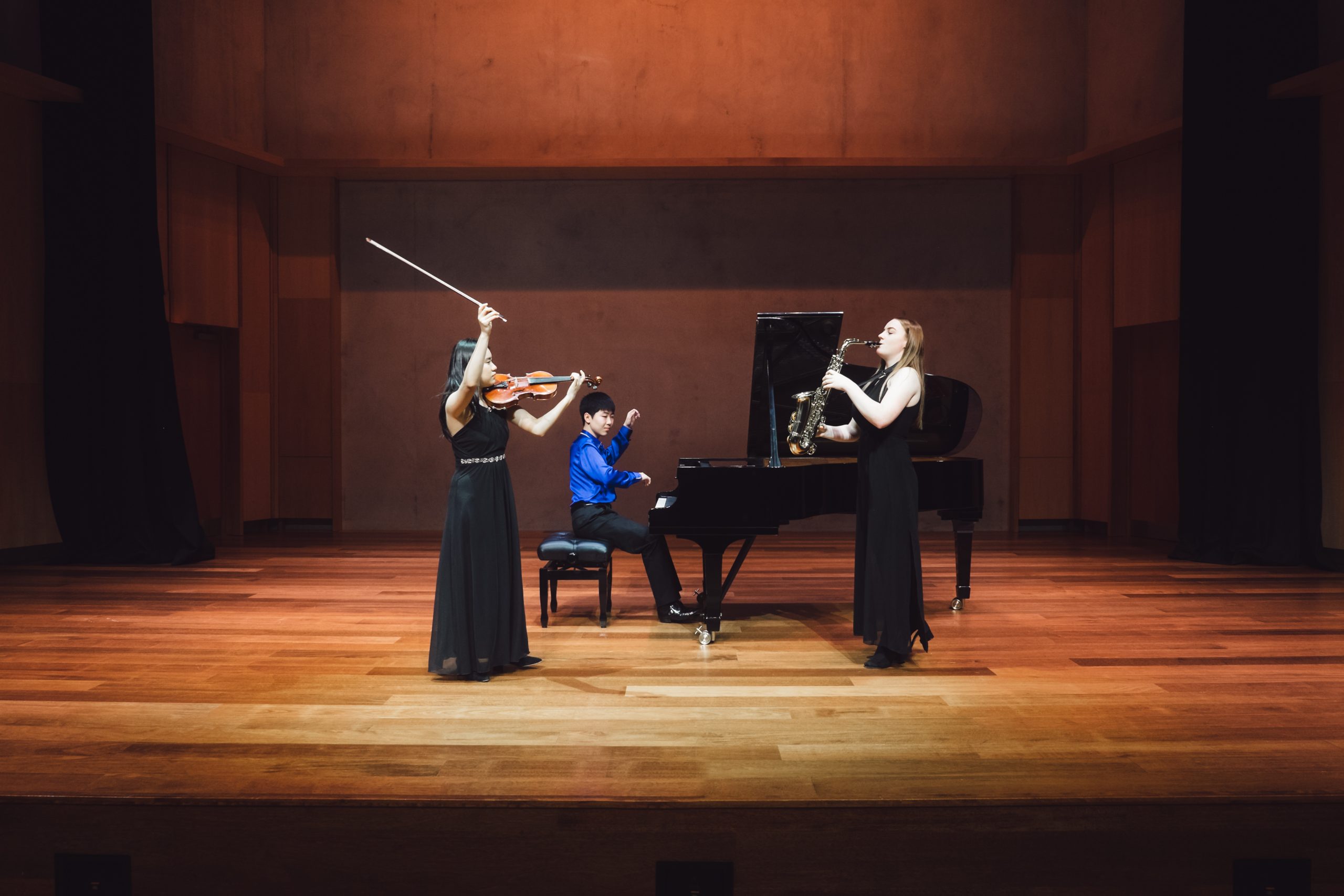Our best student musicians are currently unlikely to choose the subject of music as part of their course at their local high school due to the standard they’re working at being above NCEA level 3 standard before even beginning high school. Consider if we declined to teach reading, writing, or mathematics throughout primary school and then began a course at secondary school which went for, maybe, a term or so in year 9 and 10. What would we be able to assess at year 11, 12 and 13 in these subjects if the students coming in at that levels had only had this much tuition?
This is the situation many of our young musicians find themselves in when attending our state primary and secondary schools. Though they may support the local school’s extra curricular activities, it would be in a role where they are providing inspiration/encouragement to other students and would unlikely be enthused by the material being studied due to it not being at a level providing them with any challenges.
To work with others at their level these students would be looking for community groups to play in, at their expense (costing far more than the SMP fees) and in their own time. Due to the general disinterest in and/or unawareness of music among their local community it is unlikely the student would be encouraged through acknowledgment and praise of musical achievements such as examination and competition results.
In contrast, Westburn and Burnside’s SMP programmes live within schools that belong to a community who strongly value music. The SMP programmes are in fact, a rather small aspect of the music departments at these schools. This means the students are not only being provided with education and support at the level they’re working at, their achievements are appreciated by a community of peers, families, and teachers who all comprehend the astounding work and results they achieve, and they take pride in having these students belonging to their schools.
There is simply nothing like it – even in private schools (though private schools all offer musical students support, and directly encourage musical students to apply to their schools with scholarships for some, and hugely school funded or heavily subsidised events, ensembles etc.) State schools struggle to be able to offer this support, and though Westburn or Burnside are not differently funded to any other of these state schools, their acceptance of the role to be host schools of the Specialist Music Programme means students who cannot, or do not want to, attend private schools can be adequately provided with the support they need to be properly educated in Music, and equipped with what’s needed to be a successful professional musician on anywhere from a local to an international stage.
